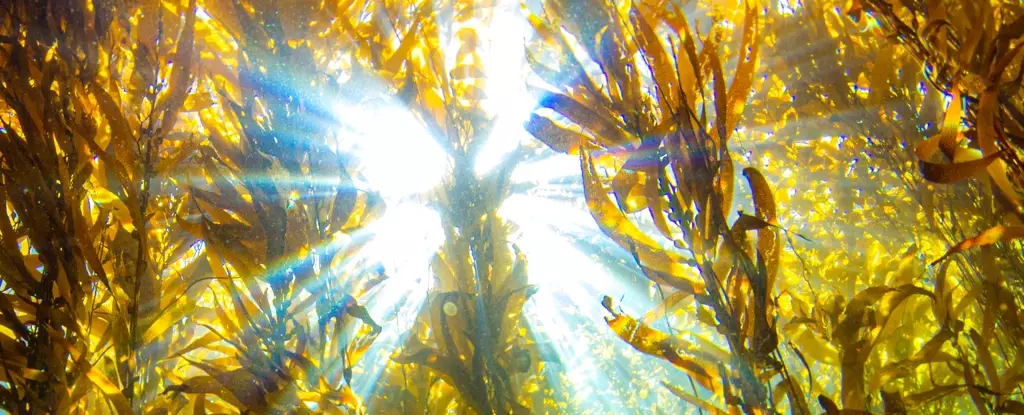Parkinson’s disease is a debilitating condition that affects the nervous system, leading to symptoms like shaking, stiffness, and difficulty moving. The root cause of Parkinson’s is the death of neurons that produce dopamine, a crucial chemical that helps control movement in the body. While Parkinson’s itself is not fatal, it can lead to serious complications that may ultimately result in death. Currently, there is no known cure for Parkinson’s, making it crucial to explore potential preventative measures.
Researchers have found correlations between dietary antioxidants and the prevention of Parkinson’s disease. Antioxidants act as bodyguards for our cells, protecting them from damage caused by harmful free radicals. Studies have shown that antioxidants found in various sources such as red grapes, berries, nuts, and vegetables can help protect neurons producing dopamine in the brain. These antioxidants have also demonstrated improvements in learning, memory, and neuromuscular coordination in mouse models of Parkinson’s disease.
A recent study conducted in Japan explored the potential of Ecklonia cava, a type of seaweed commonly used in Asian cuisine, in preventing Parkinson’s disease. The study involved inducing Parkinson’s in mice using the pesticide rotenone, which kills dopamine-producing neurons in the brain. Mice that were fed with antioxidants extracted from Ecklonia cava showed protected dopamine-producing neurons and fewer Parkinson’s symptoms compared to those on a regular diet. The antioxidants in Ecklonia cava were also able to reduce the production of free radicals induced by rotenone in cells, preventing cell death.
While the results of animal and cell studies are promising, it is important to note their limitations. Animal models and cell cultures do not always accurately represent the complex nature of Parkinson’s disease in humans. Animals have different brain structures and functions, and cell models lack the complexity of interactions between various cell types in the brain and body. Furthermore, the long-term progression of Parkinson’s over several decades cannot be easily replicated in short-lived animal models.
Although the results of the study on Ecklonia cava are encouraging, large-scale clinical trials are necessary to validate its efficacy in preventing or slowing down Parkinson’s disease in humans. It is essential to understand that what works in animal and cell models may not necessarily translate to the same effects in humans. While Ecklonia cava is available in food supplements and likely safe to consume, more research is needed to determine its true effectiveness in Parkinson’s prevention.
The research on Ecklonia cava as a potential preventive measure for Parkinson’s disease shows promise. However, it is crucial to approach these findings with caution and continue to investigate the efficacy of this seaweed in human trials. While there is no definitive cure for Parkinson’s yet, exploring natural sources of antioxidants like Ecklonia cava may offer new possibilities for the prevention and management of this complex and challenging disease.

Leave a Reply